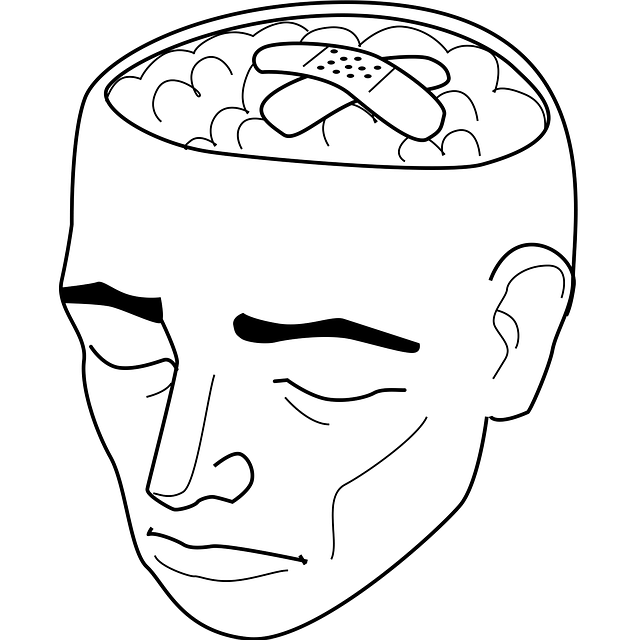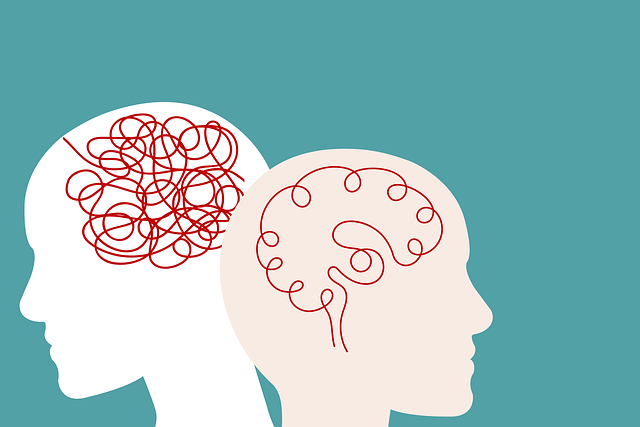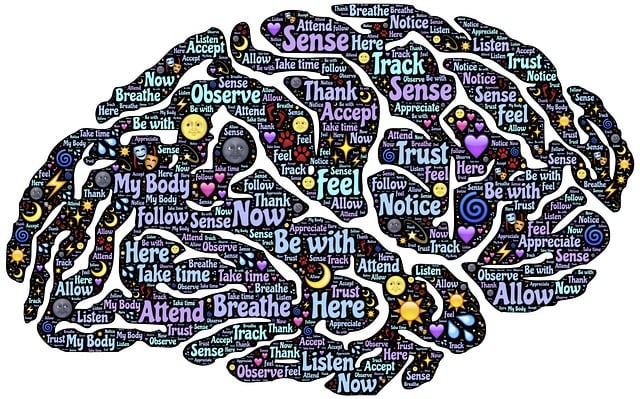Bipolar Disorder, characterized by extreme mood swings, is effectively managed in Northglenn through specialized therapy services. Northglenn Bipolar Disorder Therapy offers cognitive-behavioral therapy, medication management, and support groups, coupled with public awareness campaigns to promote early detection. Mental health advocacy, exemplified by this initiative, combines tailored education, peer support, self-care practices, and community engagement to empower individuals dealing with bipolar disorder. Through strategic collaborations, Northglenn Bipolar Disorder Therapy revolutionizes mental health care, fostering understanding and reducing stigma while enabling residents to lead fulfilling lives.
Mental health advocacy plays a pivotal role in creating supportive communities. This article explores various aspects of mental well-being, focusing on bipolar disorder—a complex condition affecting millions. We delve into the transformative power of advocacy, highlighting successful initiatives like Northglenn’s approach to therapy and community engagement. By understanding bipolar disorder’s intricacies, we can develop effective strategies for support. Additionally, we provide insights on building networks and collaborating for positive change, emphasizing the significance of mental health advocacy in our society.
- Understanding Bipolar Disorder: Unveiling the Complexities
- The Role of Advocacy in Mental Health Support
- Northglenn's Approach to Therapy and Community Engagement
- Strategies for Effective Mental Health Advocacy
- Building a Network: Collaborating for Change
Understanding Bipolar Disorder: Unveiling the Complexities

Bipolar Disorder is a complex mental health condition characterized by extreme mood swings, ranging from manic episodes to deep depressions. It’s essential to understand that this disorder goes beyond mere mood fluctuations; it involves intense shifts in energy, activity levels, and ability to think clearly. Individuals living with Bipolar Disorder often experience challenges in their daily lives, impacting their relationships, work, and overall well-being.
In Northglenn, Bipolar Disorder Therapy plays a pivotal role in managing this condition. This includes various therapeutic approaches tailored to the individual’s needs, such as cognitive-behavioral therapy, medication management, and support groups. Public Awareness Campaigns focused on destigmatizing mental health issues can significantly contribute to early detection and intervention. Furthermore, promoting Emotional Healing Processes and teaching Conflict Resolution Techniques empowers individuals with Bipolar Disorder to navigate life’s challenges more effectively.
The Role of Advocacy in Mental Health Support

Mental health advocacy plays a pivotal role in supporting individuals facing various challenges, including conditions like bipolar disorder. Northglenn Bipolar Disorder Therapy has seen remarkable progress through dedicated advocacy efforts that raise awareness and combat stigma. By speaking up, advocates create understanding and encourage access to quality care. They ensure that those struggling with mental health issues receive the necessary support and treatment options.
Advocacy initiatives also focus on promoting self-care practices as a crucial aspect of mental well-being. Encouraging individuals to develop a consistent self-care routine can prevent burnout, a common issue in managing long-term conditions. By emphasizing self-care routines for better mental health, advocacy groups empower people to take control of their wellness and live fulfilling lives alongside their challenges.
Northglenn's Approach to Therapy and Community Engagement

In Northglenn, a unique approach to mental health advocacy has emerged, focusing on comprehensive therapy and community engagement for individuals dealing with bipolar disorder. This initiative prioritises an integrated support system that combines individual therapy sessions with group activities, aiming to empower those affected by bipolar disorder. The strategy involves tailoring therapy to meet the specific needs of each patient, incorporating techniques like social skills training to enhance their ability to navigate daily life effectively.
Community engagement is a cornerstone of this approach, as it fosters an environment where individuals with bipolar disorder can connect and support one another. Public awareness campaigns development plays a vital role in reducing stigma and promoting understanding. Additionally, coping skills development sessions equip participants with practical tools to manage symptoms, improving their overall well-being. This holistic method has proven successful in helping residents of Northglenn lead fulfilling lives despite the challenges posed by bipolar disorder.
Strategies for Effective Mental Health Advocacy

Mental health advocacy initiatives require a multi-faceted approach to effectively raise awareness and promote support for individuals facing challenges like bipolar disorder in Northglenn. One key strategy is mental health education programs design tailored to reach diverse communities. By providing accessible information about recognizing symptoms, coping mechanisms, and available resources, these programs empower individuals to take charge of their mental well-being. Incorporating interactive workshops, peer support groups, and community events can foster a sense of belonging and encourage open conversations around mental health.
Furthermore, resilience building is crucial in navigating the complexities of bipolar disorder. Encouraging self-care practices, such as regular exercise, mindfulness techniques, and healthy sleep habits, helps individuals develop coping strategies to manage their symptoms. Self-esteem improvement plays a vital role in this process, as boosting confidence and fostering positive self-image can significantly impact an individual’s overall mental health and resilience. Through advocacy, communities can ensure that those struggling with bipolar disorder have access to the necessary tools and resources to build resilience and lead fulfilling lives.
Building a Network: Collaborating for Change

In the pursuit of improving mental health advocacy, building a collaborative network is a powerful strategy. Northglenn Bipolar Disorder Therapy leads the way by fostering partnerships with local organizations, healthcare providers, and community members. This collective effort creates a support system that amplifies the impact of individual initiatives. By joining forces, they can develop and implement effective programs like Community Outreach Programs to educate and connect those struggling with mental illness. Such collaborations also play a pivotal role in Mental Illness Stigma Reduction Efforts, ensuring a more accepting and empathetic society.
Through these partnerships, Northglenn Bipolar Disorder Therapy introduces innovative Empathy Building Strategies, encouraging open dialogues and fostering understanding. This collaborative approach not only expands access to resources but also strengthens the community’s ability to support individuals facing mental health challenges. Together, they can navigate the complex landscape of mental illness advocacy, leaving a lasting positive impact on the well-being of Northglenn residents.
Mental health advocacy is a powerful tool for creating positive change, especially in communities like Northglenn where bipolar disorder and other mental health challenges are prevalent. By understanding the complexities of conditions such as bipolar disorder and implementing effective strategies, we can foster supportive environments. Initiatives like Northglenn’s approach to therapy and community engagement showcase the impact of collaboration and personalized care. Through building networks and advocating for mental health awareness, we can ensure that individuals receive the necessary support, leading to improved well-being and enhanced quality of life for those affected by bipolar disorder and other mental health struggles.














